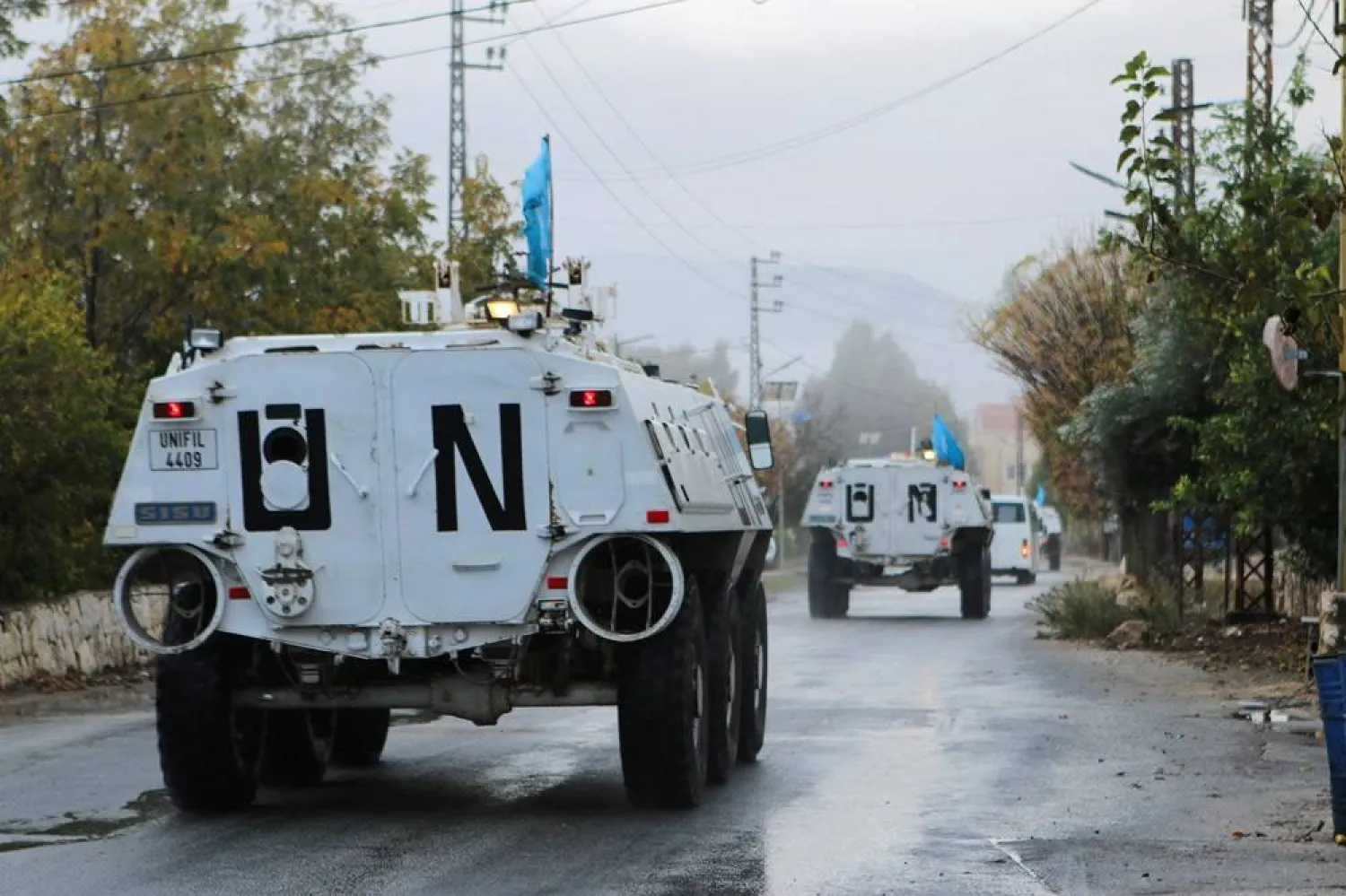Argentina has notified the UN peacekeeping mission in Lebanon of its withdrawal from the force, a UNIFIL spokesperson said on Tuesday, in the first sign of cracks in the unity of the mission following attacks it has blamed on Israel.
The 10,000-strong United Nations Interim Force in Lebanon (UNIFIL) peacekeeping mission is deployed in southern Lebanon to monitor the demarcation line with Israel, an area where there have been hostilities between Israeli troops and Iran-backed Hezbollah fighters for over a year.
"Argentina has asked its officers to go back (to Argentina)," UNIFIL spokesperson Andrea Tenenti said in response to a question about a newspaper report.
He declined to comment on the reason for their departure, referring the question to Argentina's government.
Argentina is one of 48 countries contributing peacekeepers to UNIFIL, with a total of three staff currently in Lebanon, a UN website showed. It did not immediately respond to Tenenti's comments.
UNIFIL has previously referred to "unacceptable pressures being exerted on the mission through various channels".
Peacekeepers have refused to leave their posts despite more than 20 injuries in the past two months and damage to facilities which UNIFIL blames on the Israeli military.
Israel has denied such incidents are deliberate attacks. Israel says UN troops provide a human shield for Hezbollah fighters and has told UNIFIL to evacuate from southern Lebanon for its own safety - a request that the force has rejected.
Tenenti said there was no broader indication of declining support for the mission.
"The idea is to stay. So there is no discussion of withdrawing at all," he said.
He said that its monitoring activities were "very, very limited" because of the Israel-Hezbollah conflict and repairs to some of its facilities.
"We're still working on fixing some of the positions, but this has been definitely a very difficult moment, because we've been deliberately attacked by the IDF (Israeli Defense Force) in recent months, and we're doing our utmost to rebuild the areas," he said.
Israel's military did not immediately comment on Tenenti's remarks.









